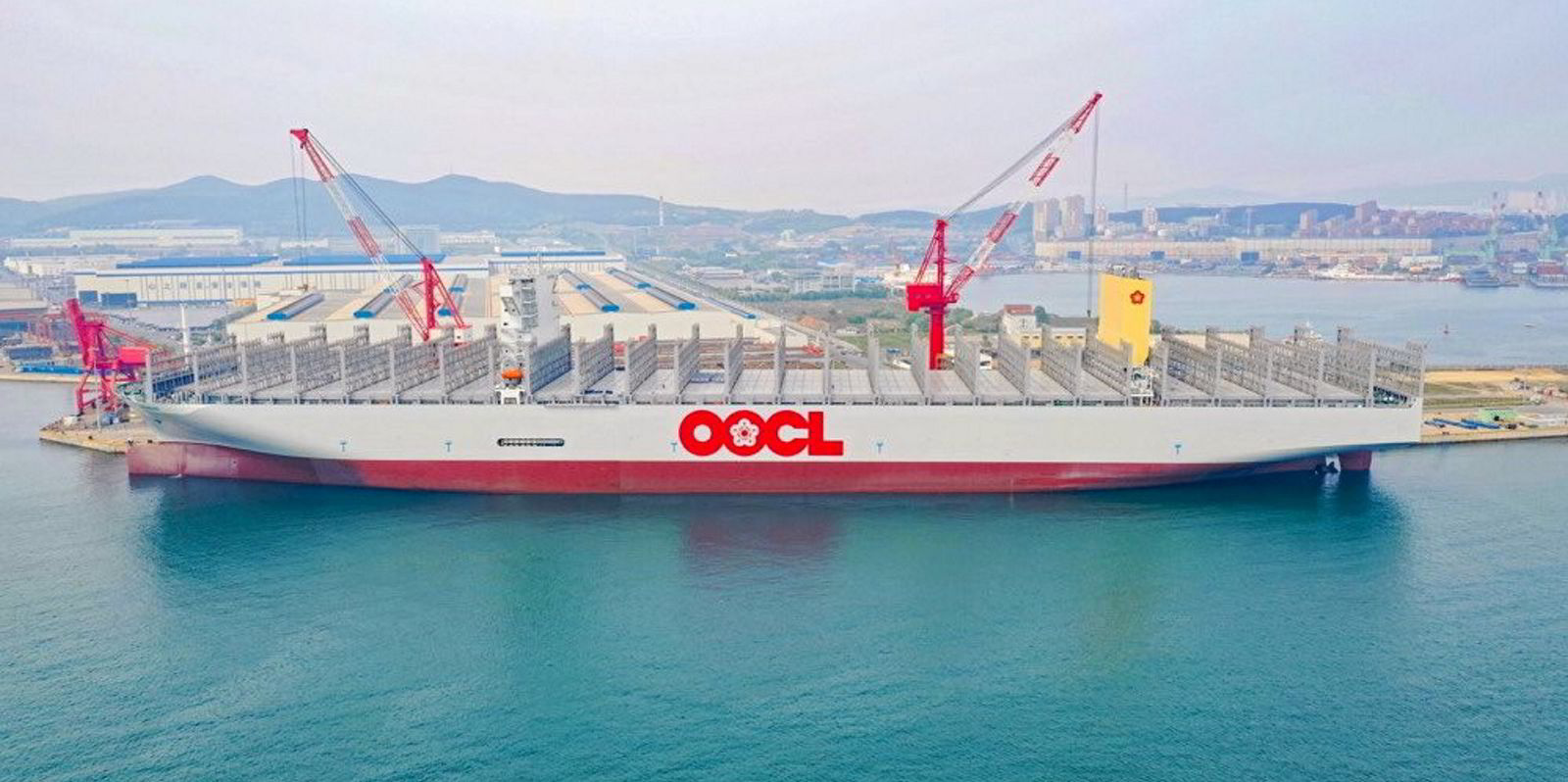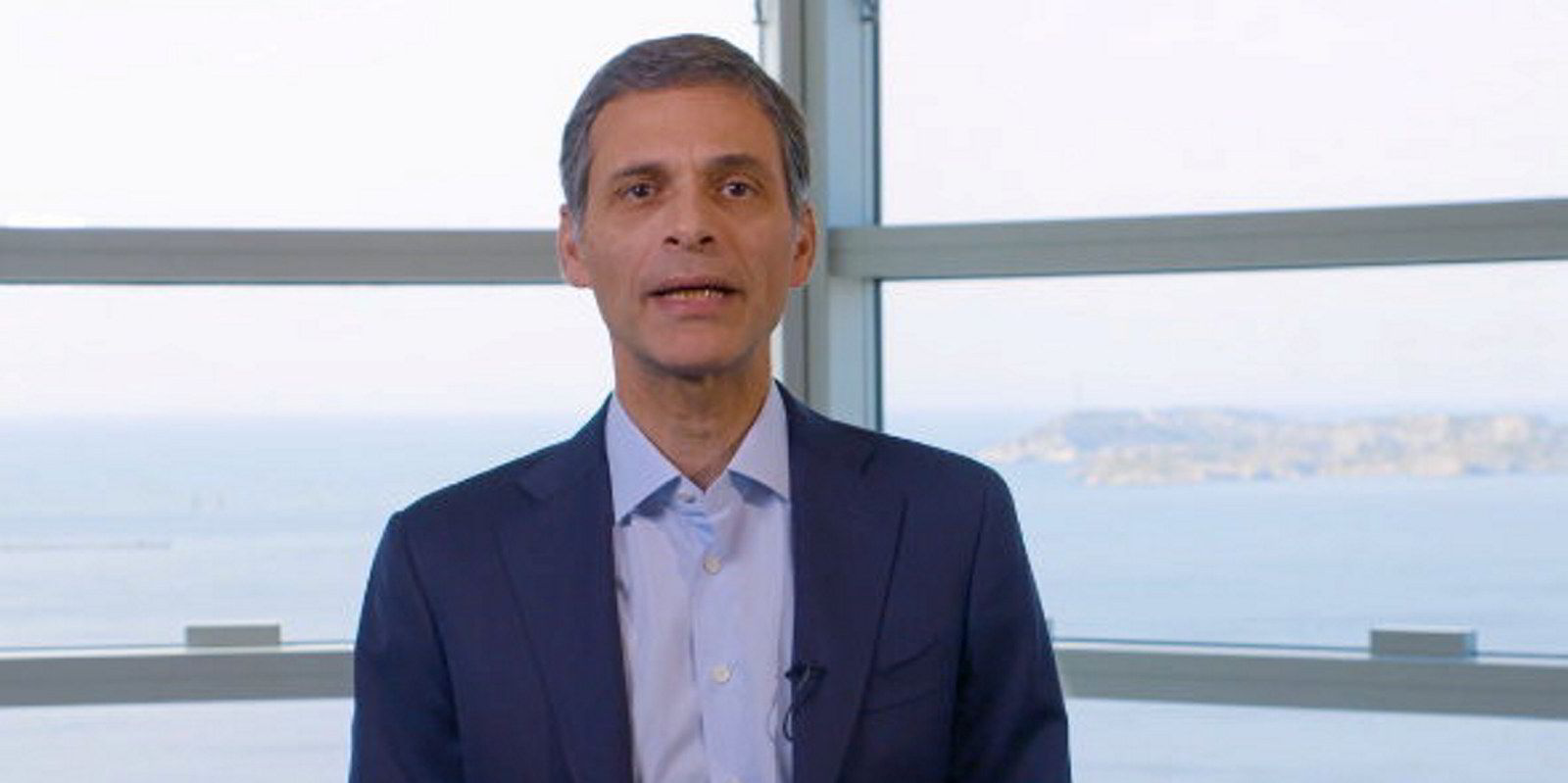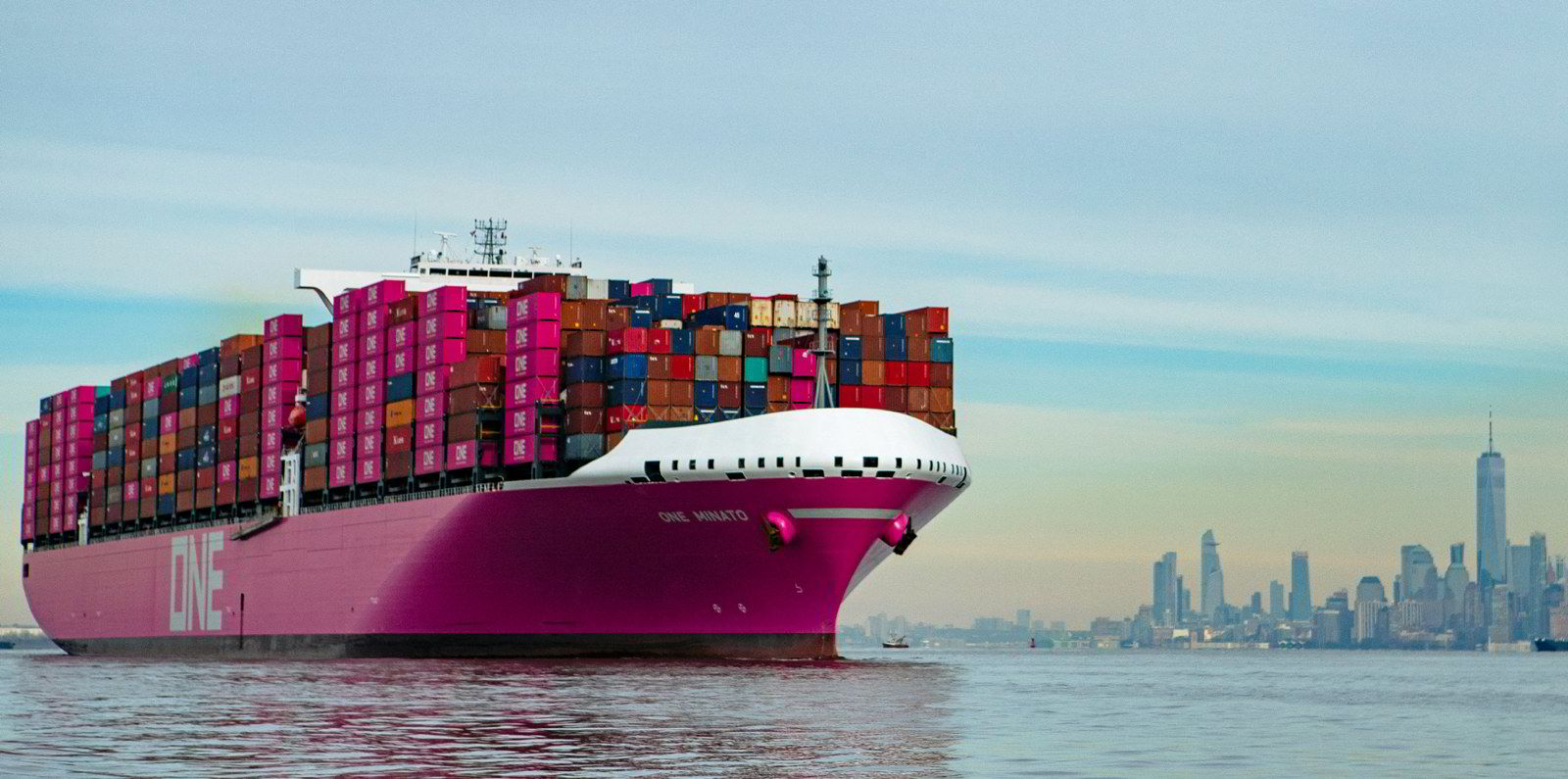Container charter markets continue to behave as if the correction in the container freight market never happened.
Now it appears the point may be near when the weaker freight market could apply downward pressure on parts of the container charter market.
Average freight rates have dropped by over one-third so far this year. Meanwhile, container charter rates have somewhat counterintuitively risen by the same amount.
Charter rates have risen to $18,500 per day, up from $14,400 in January, according to Clarksons basket of container charter rates. Freight rates lost $800 to $1,400 feu over the period, according to the Freightos Baltic Index.
That tallies with anecdotal evidence of those who feel something has to give. “Something is wrong,” a Hamburg-based charter broker told TradeWinds. “There is simply no cargo on the ships when they pass my window.”
Classic panamax vessels and larger are thought to be protected from the downturn in freight rates because there is comparatively little tonnage returning to the market this year, according to Clarksons market report.
The sector has been supported by major liner operators like MSC Mediterranean Shipping Co and CMA CGM snapping up larger tonnage.
The hunger for larger vessels continued this week with an Asian operator snapping up a handful of 7,000-teu vessels for three years at rates in the low $40,000 per day region, according to brokers.
The strong market for larger boxship has enabled some vessels to be sublet.
The 5,600-teu RDO Endeavor (built 2006) is reported fixed for two months by its charterer Wan Hai Lines to AP Moller-Maersk at more than $39,500 per day.
Smaller tonnage question
There remains a question market over the prospects for owners with smaller tonnage, where there appears to be plenty of supply in the pipeline.
Some see the market as a “stay of execution” for smaller segments, says Clarkson.
Others argue that the forces maintaining charter rates and “defying the fundamentals thus far and are by no means guaranteed to ease”, the shipbroker added.
Leading feedership operator MPC Container Ships (MPCC) remains confident of a strong charter market persisting.
Managers of the company point to the reduced availability of smaller vessels, with about 60% fewer container vessels coming open for charter this year than in recent times.
Slowing down the speed of vessels by one knot could reduce supply by up to 7%, said chief executive Constantin Baack.
“We are in a fairly robust charter market at present,” Baack told an earnings call last week.

The strength of the charter market might, however, depend on the longevity of demand of a handful of operators, Clarksons argues.
There are signs that the appetite for tonnage of some charterers may be easing.
CMA CGM chief executive Rodolphe Saade flagged the normalisation of container markets due to the slowdown of global growth, inflation, and a destocking phenomenon.
The French liner operator expects the first quarter of the year to be its best-performing.
Recession fear
Downward pressure on markets is likely to re-emerge in the second half of the year due to vessel redeliveries from charters and underlying supply growth accelerates, Clarkson said.
There are also fears that declines in consumer spending in the coming months will harm peak season demand coming from Europe.
“We anticipate that the recession now in Germany will reduce the economic activity resulting from dropping consumer demand for goods and services, which will, in turn, impact the peak season demand this year,” said Christian Roeloffs, chief executive of Container xChange, an online container marketplace.
The fall in demand has already been witnessed in the decline in port throughput in Hamburg, Rotterdam, and Antwerp.
All three ports announced declines over the first quarter.
The port of Rotterdam posted an 11.6% decline in container volume to 3.2m teu, a trend that started last year due to the elimination of volumes to and from Russia.
“As the recession takes hold, it is expected to have a significant impact on labour demands and inflation, exacerbating the already declining consumer demand. This, in turn, is likely to lead to negative retail inventory refilling throughout Europe. This will also hurt exports from Asia,” said Roeloffs.






